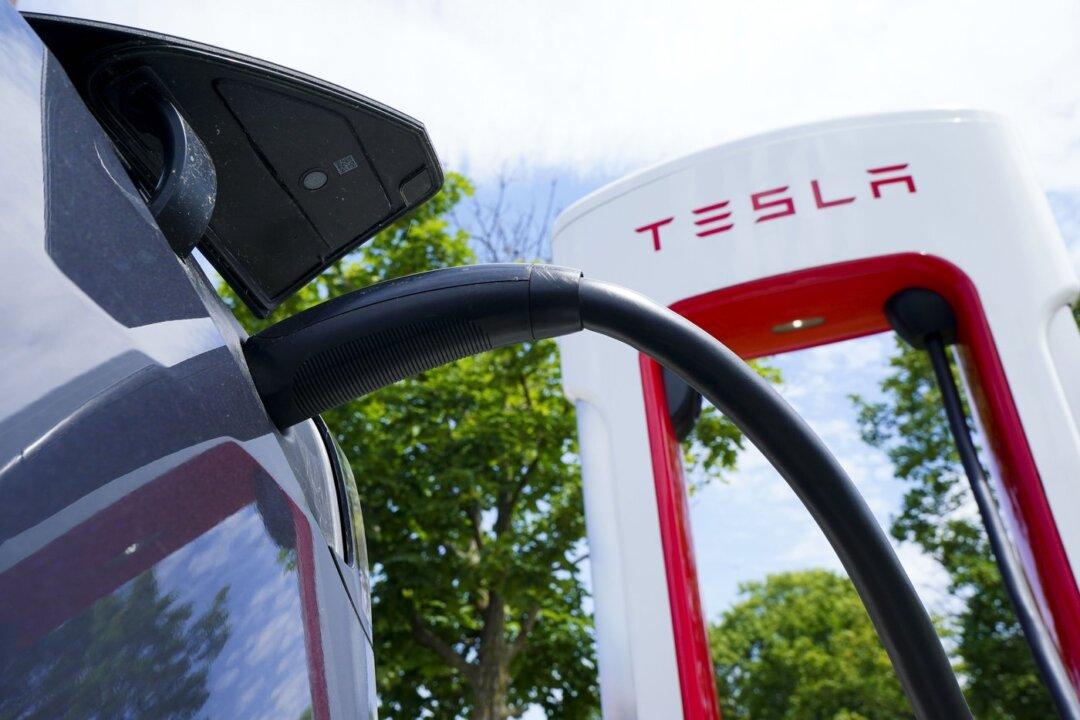The two provinces of Quebec and British Columbia, which have the highest electric vehicle rebates, accounted for 74 percent of sales last year, Department of Transport figures show.
The two provinces accounted for 45,037 of 60,626 electric sales last year, a Transport Department submission to the Senate National Finance Committee shows, as first reported by Blacklock’s Reporter. Quebec offers rebates of up to $7,000, while B.C. offers $4,000 rebates, both of which are in addition to the $5,000 rebate Ottawa introduced back in 2019.





